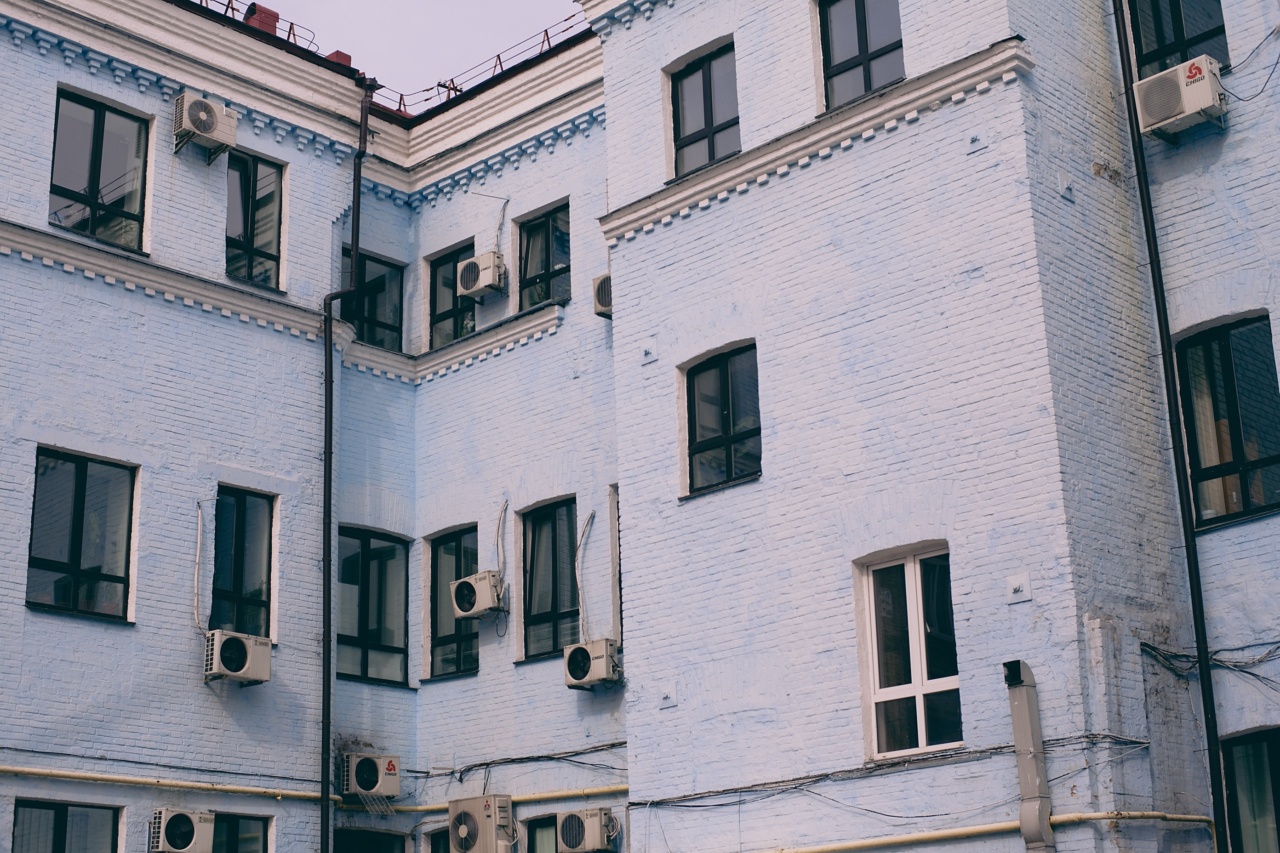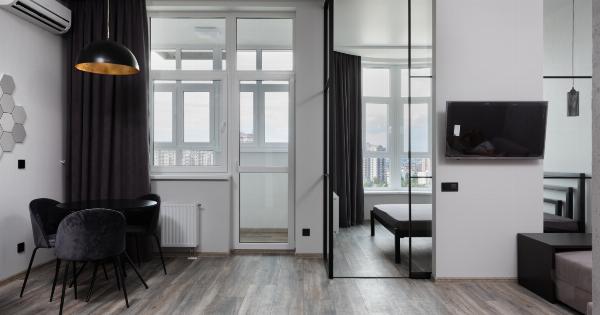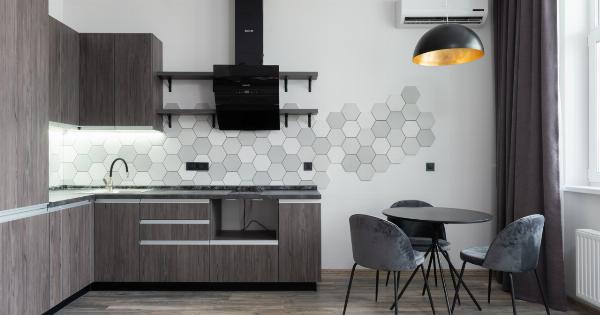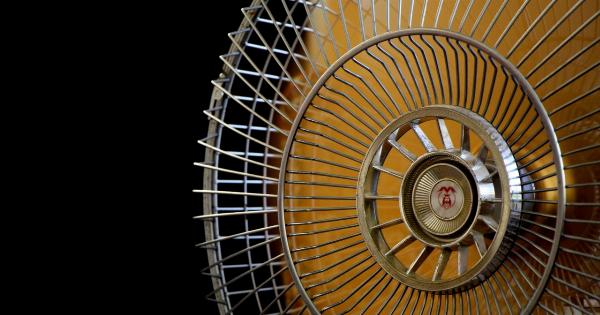As the summer heat becomes unbearable, parents often turn to air conditioning to keep their homes cool and comfortable for their infants.
While air conditioning can provide relief from hot and humid weather, it is essential to weigh the pros and cons of using it for your little one. In this article, we will explore the potential benefits and drawbacks of air conditioning for infants.
Benefits
1. Temperature Control: A major advantage of air conditioning is the ability to regulate and maintain a comfortable temperature in your home, ensuring a soothing environment for your baby.
2. Improved Sleep: Infants often struggle to sleep in hot and stuffy rooms. Air conditioning can create an optimal sleep environment by reducing humidity and keeping the temperature at an ideal level, promoting better sleep quality.
3. Reduces the Risk of Overheating: Babies are more susceptible to overheating as their bodies have limited temperature regulation.
Air conditioning can prevent heat-related issues such as heat rash, heat exhaustion, and even Sudden Infant Death Syndrome (SIDS).
4. Allergy Relief: Air conditioning can filter out allergens like pollen, dust, and pet dander, providing relief to infants with respiratory conditions or allergies. Cleaner air can reduce the risk of respiratory infections or allergic reactions.
5. Comfortable Environment: Air conditioning creates a more pleasant and comfortable atmosphere for both parents and infants, allowing for relaxation and playtime indoors without being affected by the heat outside.
Drawbacks
1. Dry Air: Air conditioning can dry out the air in your home, which may cause dry skin, throat irritation, and nasal congestion in infants. Using a humidifier alongside the air conditioning system can help combat this issue.
2. Temperature Fluctuations: Frequent shifts between indoor air conditioning and outdoor heat can make it challenging for infants to adapt their body temperature accordingly. This rapid change may disrupt their natural temperature regulation abilities.
3. Increased Energy Consumption: Running air conditioning units for extended periods can significantly increase energy consumption and your electricity bills. It is important to find a balance between comfort and energy efficiency.
4. Noise Levels: Some air conditioning systems can produce noise, which might disturb a baby’s sleep or overall peace. Opting for quieter models or placing the unit away from the baby’s sleeping area can help mitigate this issue.
5. Dependency on Artificial Climate Control: Relying heavily on air conditioning might make infants more sensitive to temperature changes and less adaptable to natural fluctuations in their environment.
Over-reliance on air conditioning can hinder their resilience to different weather conditions.
Tips for Optimal Air Conditioning Use
Now that we’ve explored the pros and cons, here are some tips to ensure you use air conditioning safely and effectively for your infant:.
1. Set the temperature between 22-24°C (72-75°F) for optimum comfort and health.
2. Use a fan in conjunction with the air conditioning to improve air circulation.
3. Clean and maintain your air conditioning filters regularly to keep the air as clean as possible.
4. Avoid direct exposure to cold air by placing the crib or play area away from the air conditioning vents.
5. Limit the duration of air conditioning use to avoid excessive dependency and promote your baby’s ability to adapt to natural temperature changes.
6. Consider using a baby monitor with temperature and humidity sensors to monitor your infant’s environment.
7. Use lightweight and breathable clothing for your baby to prevent overdressing and discomfort.
8. Monitor and address any signs of dryness or other discomfort in your baby’s skin or nasal passages.
It is essential to strike a balance between providing a comfortable environment for your infant and ensuring their overall well-being.
Conclusion
Air conditioning can offer significant benefits for both infants and parents, including temperature control, improved sleep quality, reduced risk of overheating, allergy relief, and enhanced comfort.
However, it is crucial to consider the potential drawbacks such as dry air, temperature fluctuations, increased energy consumption, noise levels, and dependency on artificial climate control.
By following the tips mentioned above and being mindful of your baby’s needs, you can make informed decisions about air conditioning usage, ensuring a safe and pleasant environment for your little one.






















